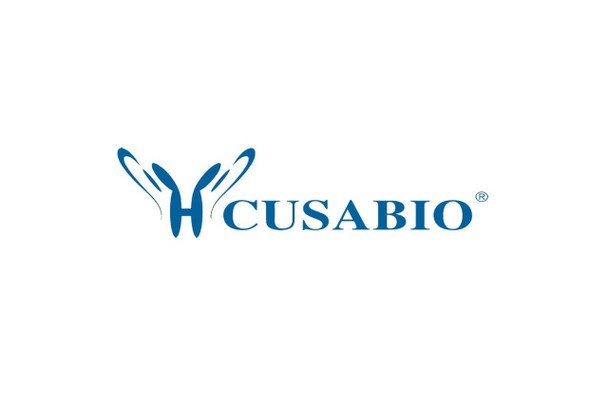Cusabio Polyclonal Antibodies
GABBR1 Antibody | CSB-PA290137
- SKU:
- CSB-PA290137
- Availability:
- 3 to 7 Working Days
Description
GABBR1 Antibody | CSB-PA290137 | Cusabio
GABBR1 Antibody is Available at Gentaur Genprice with the fastest delivery.
Online Order Payment is possible or send quotation to info@gentaur.com.
Product Type: Polyclonal Antibody
Target Names: GABBR1
Aliases: gamma-aminobutyric acid (GABA) B receptor, 1
Background: Gamma-aminobutyric acid (GABA) is the main inhibitory neurotransmitter in the mammalian central nervous system. GABA exerts its effects through ionotropic [GABA (A/C) ] receptors, to produce fast synaptic inhibition, and metabotropic [GABA (B) ] receptors, to produce slow, prolonged inhibitory signals. The GABA (B) receptor consists of a heterodimer of two related 7-transmembrane receptors, GABA (B) receptor 1 and GABA (B) receptor 2. The GABA (B) receptor 1 gene is mapped to chromosome 6p21.3 within the HLA class I region close to the HLA-F gene. Susceptibility loci for multiple sclerosis, epilepsy, and schizophrenia have also been mapped in this region. Alternative splicing of this gene generates multiple transcript variants.
Isotype: IgG
Conjugate: Non-conjugated
Clonality: Polyclonal
Uniport ID: Q9UBS5
Host Species: Rabbit
Species Reactivity: Human, Mouse, Rat
Immunogen: Synthetic peptide of human GABBR1
Immunogen Species: Human
Applications: ELISA, IHC
Tested Applications: ELISA, IHC;ELISA:1:1000-1:2000, IHC:1:25-1:100
Purification Method: Antigen affinity purification
Dilution Ratio1: ELISA:1:1000-1:2000
Dilution Ratio2: IHC:1:25-1:100
Dilution Ratio3:
Dilution Ratio4:
Dilution Ratio5:
Dilution Ratio6:
Buffer: -20°C, pH7.4 PBS, 0.05% NaN3, 40% Glycerol
Form: Liquid
Storage: Upon receipt, store at -20°C or -80°C. Avoid repeated freeze.
Initial Research Areas: Neuroscience
Research Areas: Neuroscience









